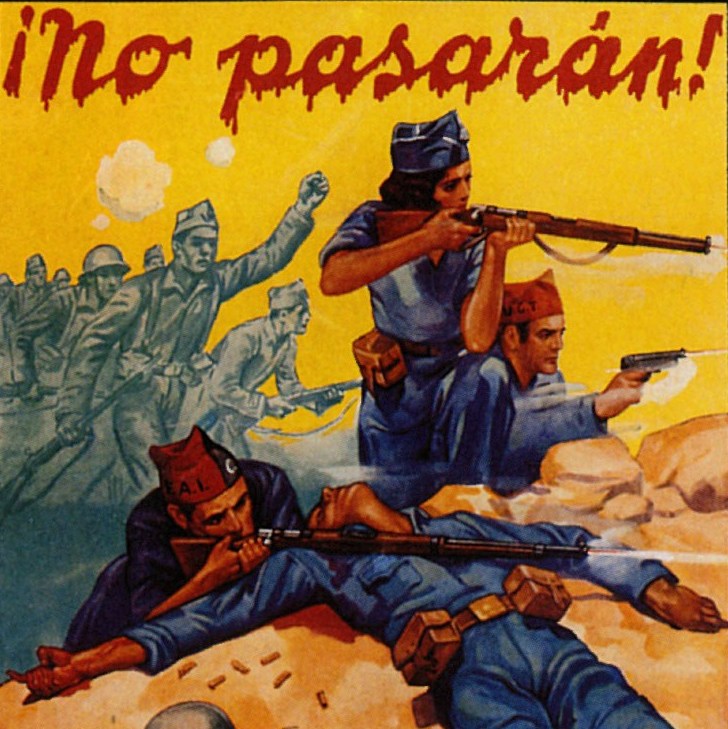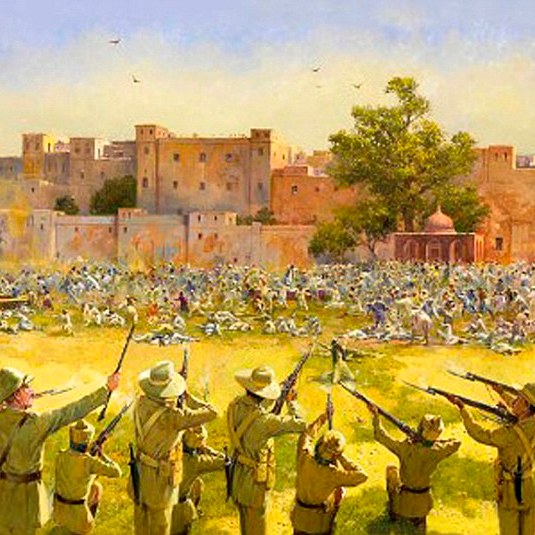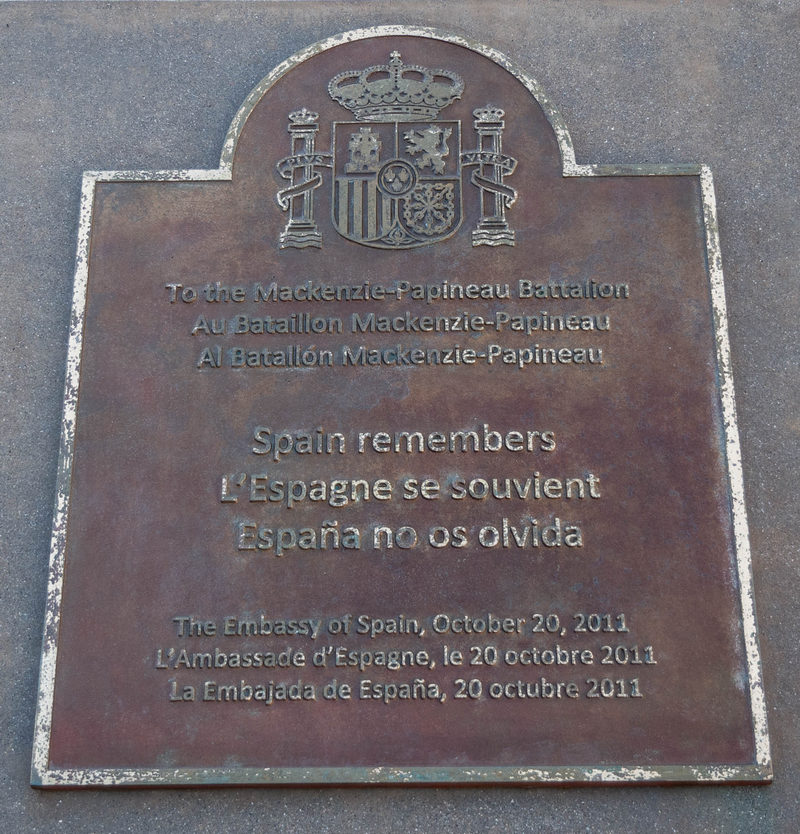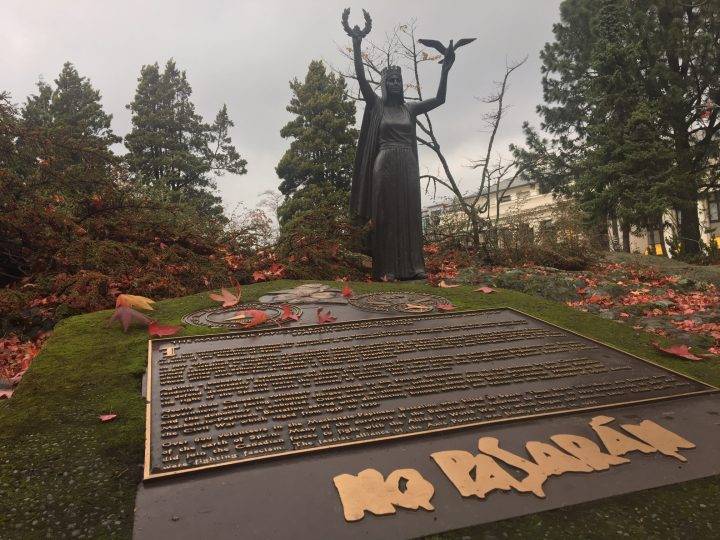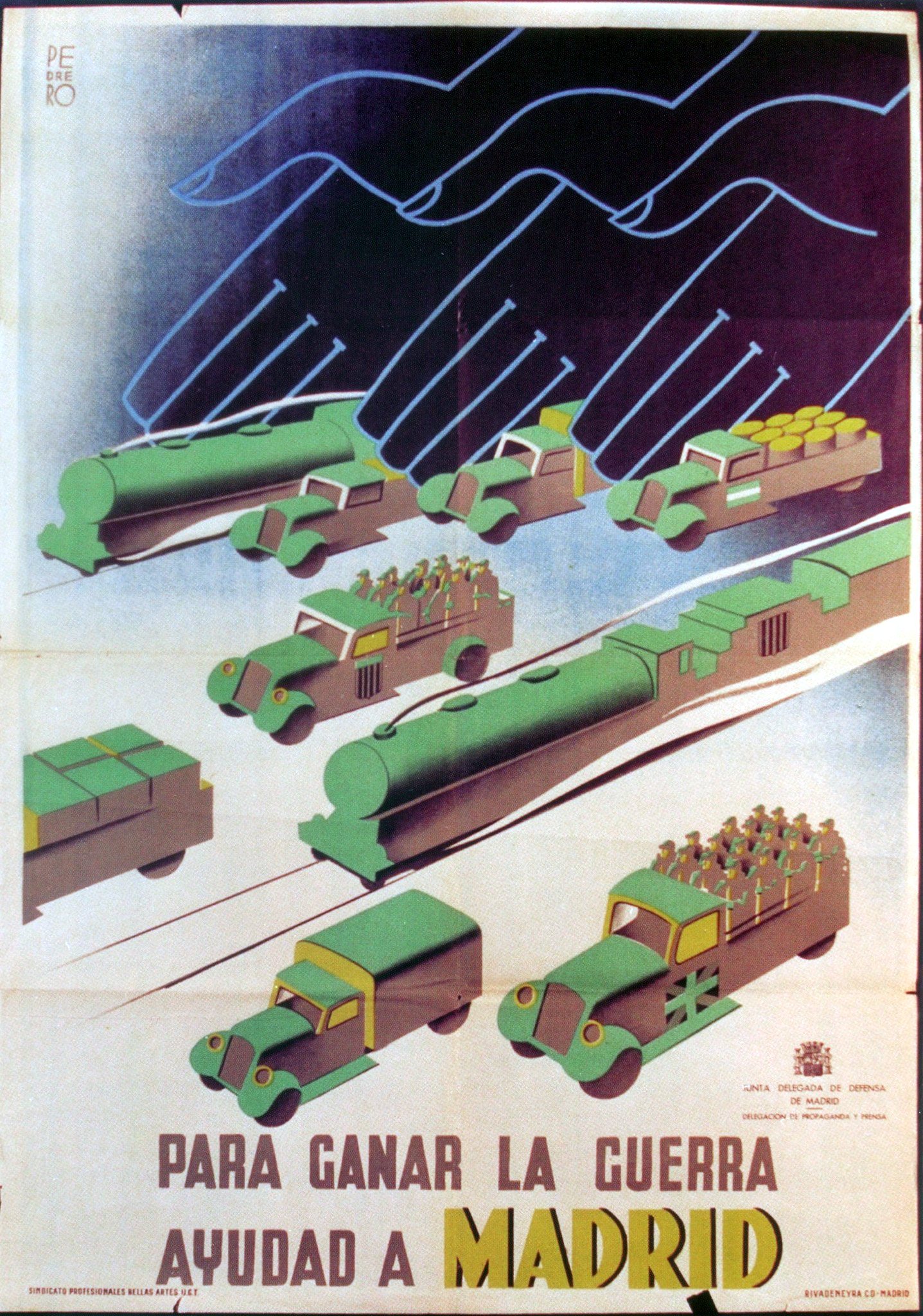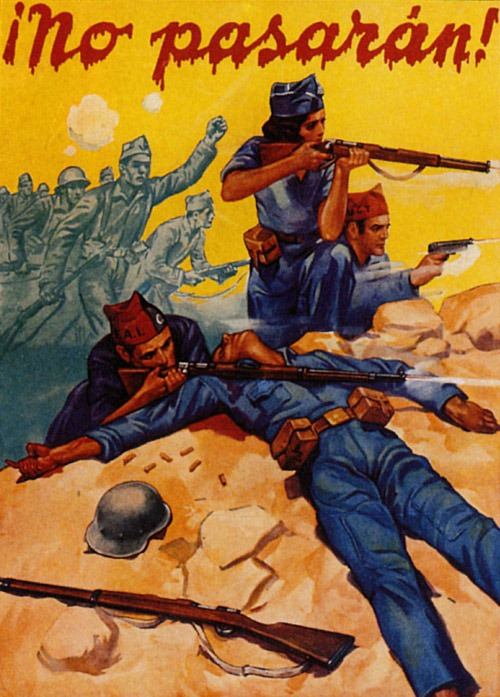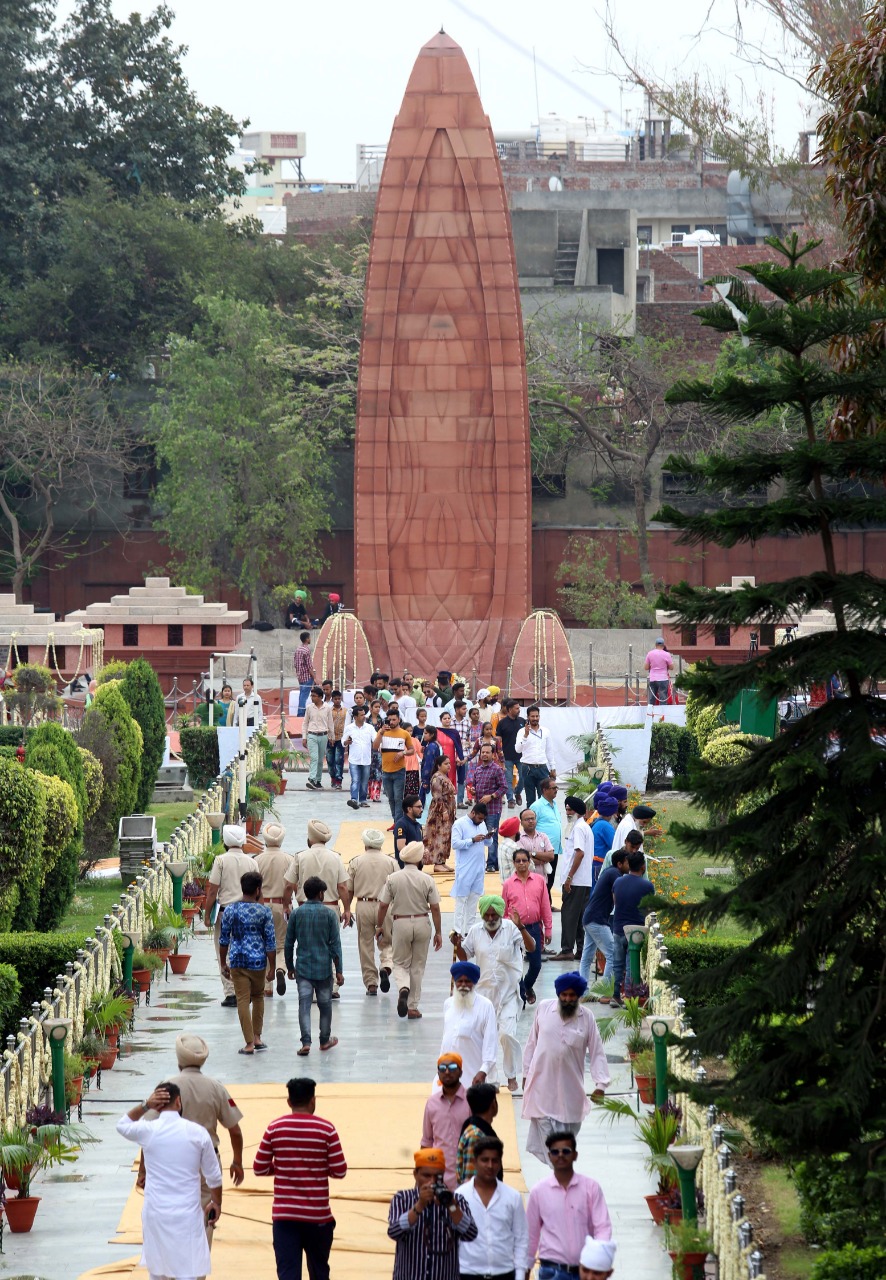
|
Supplement
Important
Anniversaries •
80th Anniversary of the End of the Spanish Civil War
• 100 Anniversary of Jallianwalla Massacre in Punjab
|
|
|
April 1, 2019 marks the 80th anniversary of the end of
the
Spanish Civil War, fought between the people's forces, known as
the Loyalists or Republicans, who were represented by the
democratically-elected Popular Front, and the fascist
"Nationalist" forces, led by General Francisco Franco.
Franco's reactionary forces, held in check by workers' militias, sought
assistance from Nazi Germany and fascist Italy, which did so in
violation of a 1936 non-intervention agreement. Governments, like those
of Britain, France and Canada, were opposed to providing assistance to
the Republican government of Spain for self-serving reasons. In the
case of Canada, this was done under the guise of "neutrality" to favour
the ruling circles whose business interests would be furthered by a
fascist government. France and Britain's signing of
the non-intervention pact effectively prevented the Republican
government from buying arms from them to defend itself. Meanwhile,
major U.S. oil and motor companies provided Franco with substantial
supplies of fuel and vehicles on heavily discounted terms. Only Mexico
and the Soviet Union stood by the Republican side at the state level,
despite the Soviet Union having no official diplomatic ties with Spain
at that time. As the war began, the Soviet Union sent supplies of oil
food, clothing and other non-military provisions, financed by workplace
collections all across the Soviet Union. Later in the war, the Soviets
would send troops and arms. The Communist Party and the Soviet press
led mass campaigns and demonstrations rallying the people behind the
slogan addressed to the Spanish people: "Remember you are not alone, we
are with you." J.V. Stalin said in a telegram to the Spanish Communist
Party: "The liberation of Spain from the yoke of the fascist
reactionaries is not the private concern of Spaniards alone but the
common cause of all progressive humanity."[1]
It was in this spirit -- that Spain's fight against fascist reaction was that of humanity's -- that the people's forces in Spain came to be reinforced by anti-fascist volunteers from all over the world. Tens of thousands of workers, trade unionists and progressive students mobilized and headed to Spain to take up arms. The number of overseas combatants who fought in what came to be known as the International Brigades has been estimated at 40,000, with volunteers flooding in from 53 countries. Besides the support of the Soviet Union, this included amongst others, contingents from France (9,000 people), Germany (4,000), Poland (3,000), Italy (3,000), the United States (2,800), Britain (2,500), Canada (1,600), Costa Rica, Albania, Greece, Cuba, Argentina, Finland, Ireland, South Africa, Bulgaria and China.
The Republican forces fought heroically against great odds. The civil war, which caused an estimated 500,000 casualties, officially ended with Franco coming to power on April 1, 1939. The Spanish people's struggle against Franco's fascist dictatorship continued unabated until his unlamented death in 1975.
The Mackenzie-Papineau Battalion
The Mackenzie-Papineau Battalion and Dr. Norman Bethune, outstanding
Canadian participants in the Spanish Civil War.
In 1936 Canadians and Quebeckers valiantly took their place side by side with the peoples of Spain and many countries of the world to fight against the fascists in Spain. They made up the Mackenzie-Papineau Battalion of the Republican Army's XV Brigade, a proud contingent of the Republican forces. Battalion members came from all parts of Canada and Quebec and were almost wholly of working class origin. One thousand five hundred and forty-six people volunteered to go, a significant number of them born in Europe, and the two largest groups being Finns and Ukrainians. The Communist Party and the Committee to Aid Spanish Democracy began organizing volunteers in the fall 1936 and by April 1937 around 500 people had enlisted.
The majority of the Canadian people supported the Republican people's forces in Spain but the ruling circles declared that Canada should remain "neutral" in the conflict. The consequence was to give the fascists and their German and Italian allies free rein to attack the Spanish people. By joining and supporting the International Brigades, Canadians defied the ruling circles and opposed this crime against the peace.
Canadian Prime Minister Mackenzie King's support for Franco was no surprise. An admirer of Hitler and Mussolini he was a rabid anti-communist. When he visited Germany in June 1937 even as the Nazis were already openly fighting in Spain in support of General Franco committing heinous crimes, he stated that he was "very favourably impressed" by Hitler's assurances that Germany would not go to war in Europe. In April 1937, the King Liberal government passed the Foreign Enlistment Act which stipulates that it is an "Offence to enlist with a foreign state at war with a friendly state" and that "any person who, being a Canadian national, within or outside Canada, voluntarily accepts or agrees to accept any commission or engagement in the armed forces of any foreign state at war with any friendly foreign state or, whether a Canadian national or not, within Canada, induces any other person to accept or agree to accept any commission or engagement in any such armed forces is guilty of an offence."[2]
Canada's Foreign Enlistment Act made the anti-fascist workers' volunteering to fight against fascism in Spain into a criminal act. Although to this day no one has been convicted under the Foreign Enlistment Act, it was used as the pretext for the criminalization those the state suspected of going to fight in Spain, who risked losing their citizenship under the Act. The Royal Canadian Mounted Police (RCMP) officers were sent to spy on such persons. Many Canadian volunteers were denied travel documents and found their passports stamped "Not valid for Spain." Even after the war, veterans of the Mackenzie-Papineau Battalion, or one of the numerous other battalions in which Canadian volunteers served, were subject to RCMP surveillance.
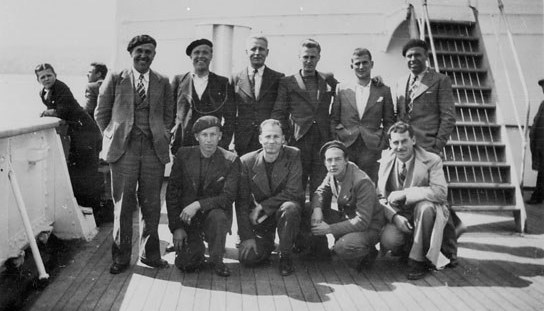
Canadian volunteers en route to Spain via France.


Left: The Mac-Paps man a machine gun during the Battle of Belchite,
1937;
right: Dr. Norman Bethune carrying out a blood transfusion during
the war.
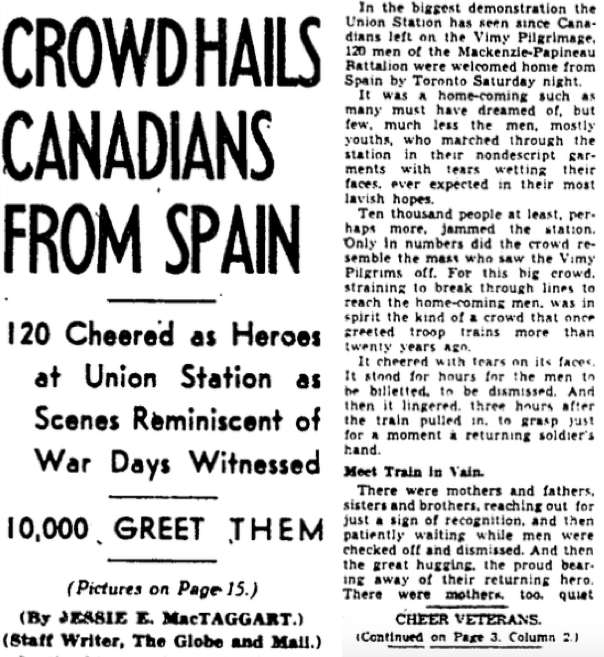

Despite attempts by the Canadian state to criminalize the
Mackenzie-Papineau Battalion, they receive a heroes' welcome from
working people when they return in 1939.
Nonetheless, Canadian communists and other progressive people openly defied the reactionary government and its repression by organizing anti-fascist volunteers and by the summer of 1937 some 1,300 Canadians were fighting overseas for the liberation of Spain. Except for Cuba and France, no country contributed more people as a proportion of their population. Canada's volunteers included Dr. Norman Bethune, who innovated mobile blood transfusion units on the battlefield, saving thousands of lives. Dr. Bethune later died of septicemia in China in 1939 near the end of the Anti-Japanese Anti-Fascist War led by the Communist Party of China.
Canadians fought bravely in some of the most significant battles of the Spanish Civil War, contributing to the victory at Jarama between February and June 1937, fighting at Brunete in July 1937, at the Battle of Teruel from December 1937 to March 1938, defending against the "Aragon Offensive" of the fascists from March to April 1938 and finally at the Battle of the Ebro from July to September 1938.
|
|
Only 646 Canadian volunteers returned from the battlefields in Spain. Far from acclaiming these true heroes for resisting fascism, the Canadian government demonized their political motivations and beliefs. Canadians who died in the Spanish Civil War are still not included in the Books of Remembrance in the Peace Tower or commemorated on federal war memorials or in Remembrance Day services. Survivors never received veterans' benefits.
On the 80th anniversary of the end of the Spanish Civil
War and the heroic anti-fascist resistance of the Spanish and world's
peoples, the Communist Party of Canada (Marxist-Leninist) salutes the
memory and work of all those heroic women and men who fought to contain
fascism in Spain and the many who gave their lives. Canada's
contribution to the anti-fascist resistance in Spain remains a peerless
example of the internationalism of the Canadian working class and
people, who hail from all lands and whose battles to defend rights form
a wealth of experience in solving problems today.
Monuments to the Mackenzie-Papineau Battalion
Green Island, Ottawa
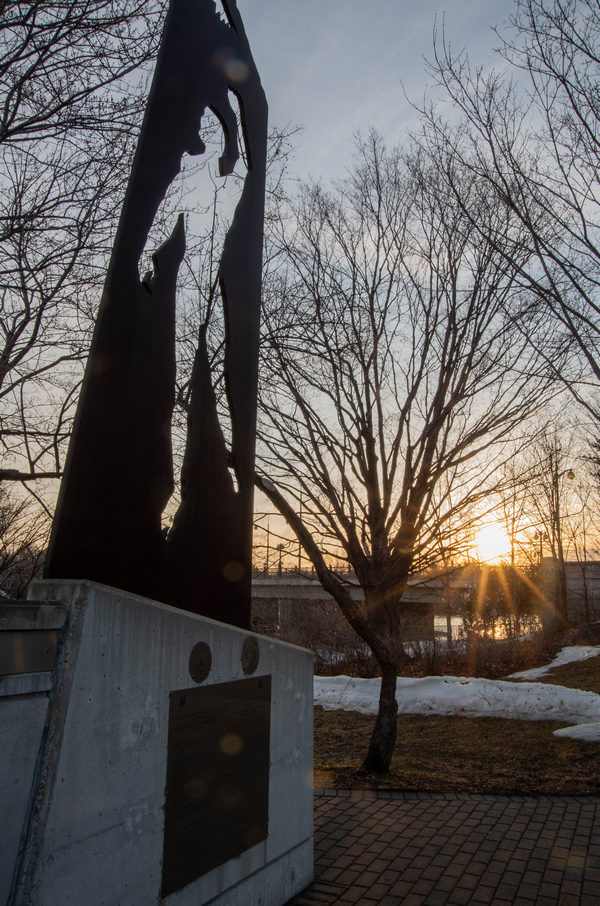


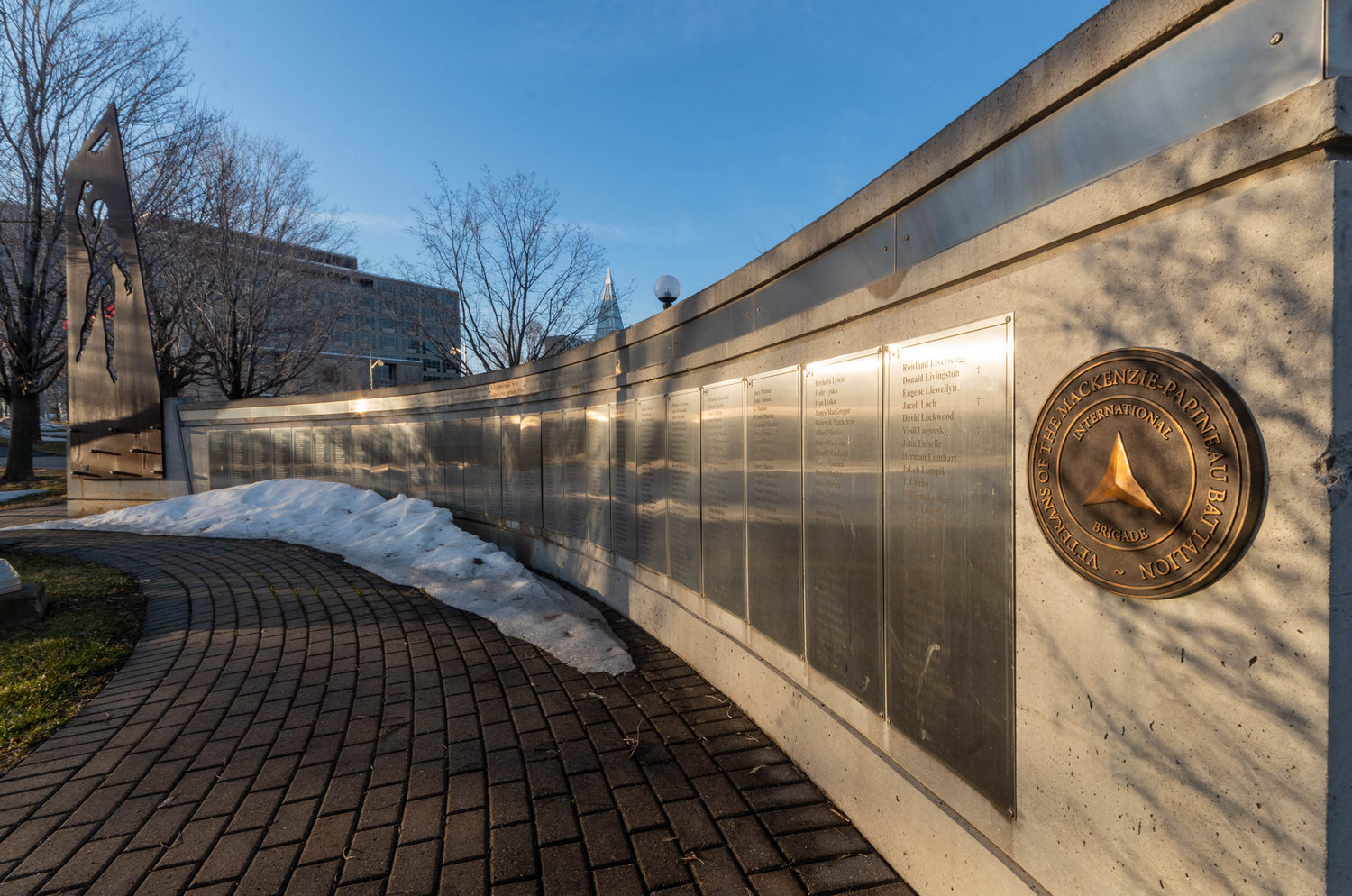

Queen's Park, Toronto
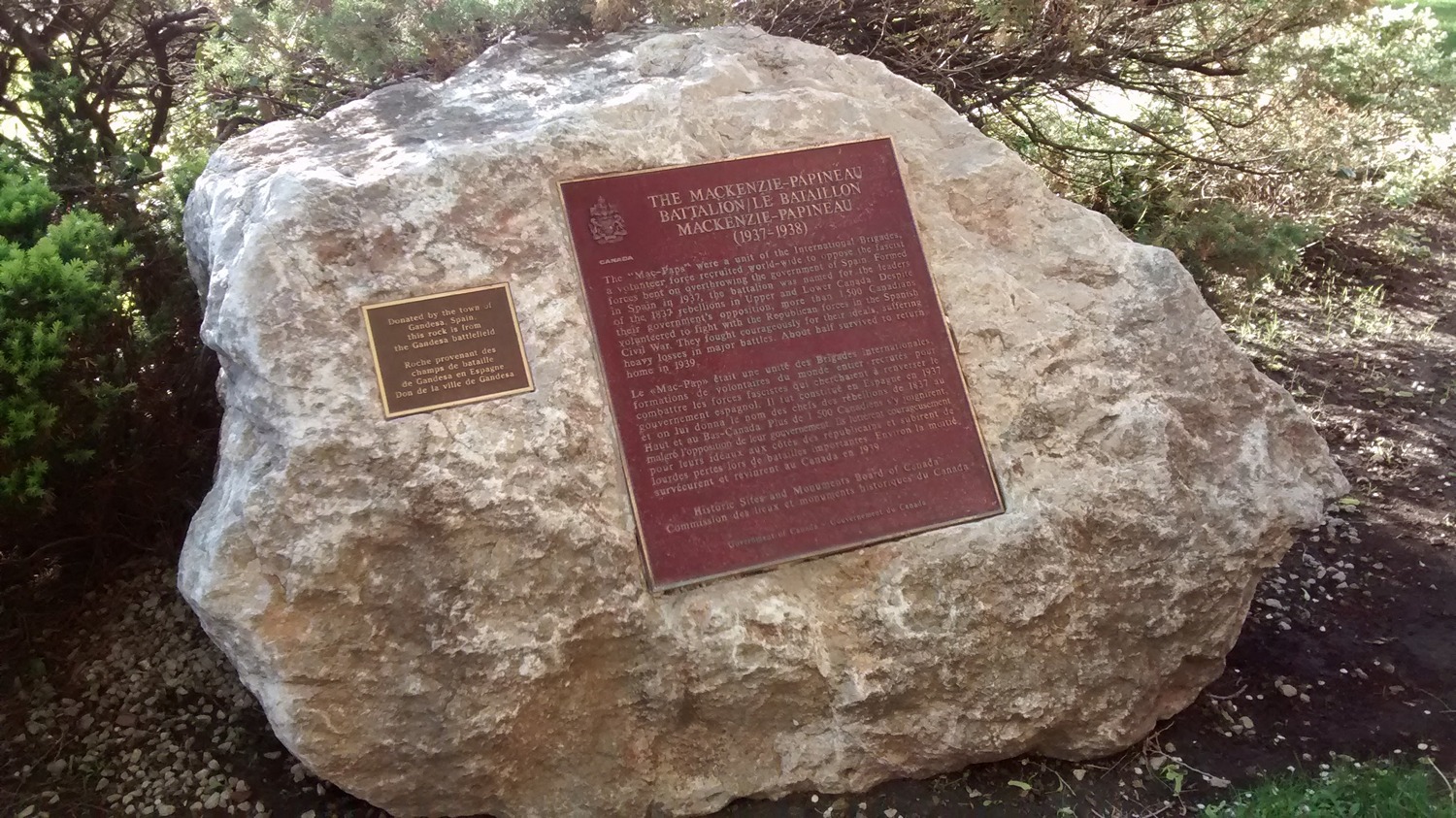
Cumberland, BC
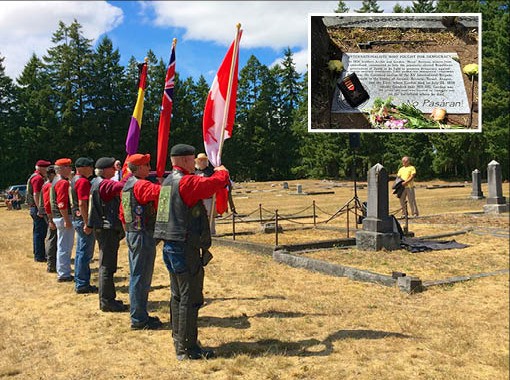
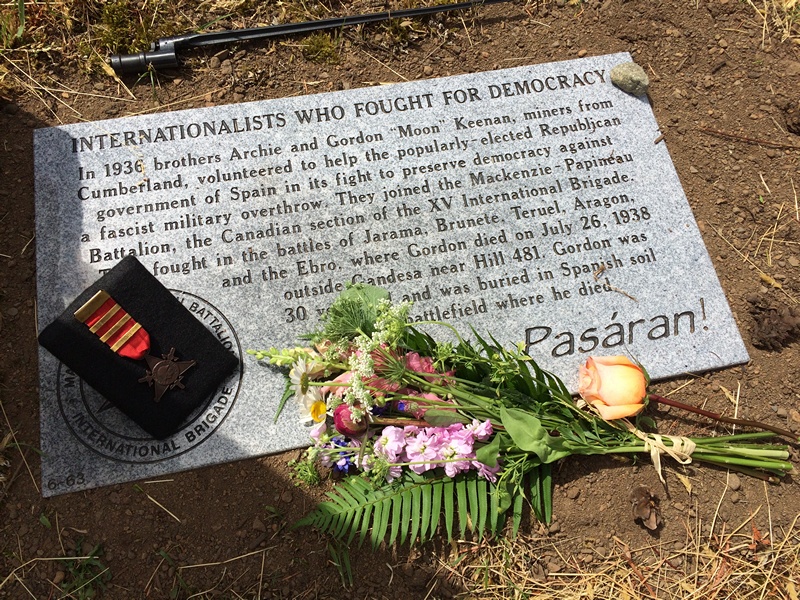
Confederation Garden, Victoria
Note
1. "The Soviet Union and the
Spanish Civil War," International Brigade Memorial Trust (UK).
2. The blatant anti-people political
agenda behind the Foreign Enlistment
Act was exposed on March 1, 1940 when Canada announced that
citizens were free to enlist in the Finnish armed forces, which were
collaborating with the Nazis against the Soviet Union. On May 18, 1948,
the Canadian Cabinet decided that the question of application of the Foreign Enlistment Act to Palestine
should be deferred so as to facilitate the military recruiting of
Canadian nationals to suppress the Palestinians. In the 1960s and '70s,
an estimated 40,000 Canadians illegally enlisted with U.S. forces in
the aggression against Vietnam, with no repercussions. In the 1990s,
the Liberal governments of Jean Chrétien and Paul Martin did not
charge Zionist groups with violating this law when they set up
recruitment tables for the Israeli Armed Forces at Concordia University
and some other campuses.
(Photos: Library and Archives Canada, TML, University of Victoria)
Background
In February 1936, the election results in Spain very much favoured the Popular Front, composed of various progressive forces. This was despite the fact that many of the leaders of the people's forces had been imprisoned or exiled during the previous "two black years" of state repression to suppress the anti-dictatorial movement against the reactionary Gil Robles government. Some 40,000 Spaniards were imprisoned and thousands had to leave the country. The new Parliament elected in 1936 included 268 Popular Front members and 140 members from the right-wing forces. Parliamentary debates became more and more heated with one major issue being land reform to break up the old feudal estates of the Spanish aristocracy. Fascists attempted or carried out assassinations of government officials, while Germany and Italy egged on the right wing. Certain industrialists who supported the fascists locked out their workers to create chaos. On July 18, a military uprising against the government began across the country.
The Spanish fascists were led by General Francisco Franco and backed by the big landowners such as the Duke of Alba, the Catholic church and the big capitalists such as Juan March, who wanted to retain their profits and privileges. Foreign monopolies such as the Rothschild-controlled Rio Tinto also supported Franco. In August 1936, the Rio Tinto mining area fell to Franco's forces. The British manager of Rio Tinto went to London to tell the British government to do business with Franco. Franco's troops directly assisted Rio Tinto in ferociously smashing the 1937 miner's strike at the company's Huelva mines in Andalusia province. At the company's 1937 annual general meeting, Rio Tinto Chairman Sir Auckland Geddes (whose son-in-law was a German prince) reported triumphantly: "Since the mining region was occupied by General Franco's forces, there have been no further labour problems... Miners found guilty of troublemaking are court-martialed and shot."
The Spanish fascists benefited hugely from the sham non-interventionist policy of the ruling circles of the United Kingdom, France, and the United States, who hoped to eventually egg on the German Nazis and Italian fascists to attack the Soviet Union. In fact, 27 countries including Germany and Italy signed a phony non-intervention agreement in September 1936. Despite this, Germany and Italy continued to provide military aid to Franco in the form of men, planes, tanks, trucks and other materiel and officially recognized the Franco administration in November 1936. On April 26, 1937, the German Luftwaffe's Condor Legion infamously bombed the peaceful town of Guernica, one of the first air raids on a defenceless civilian population, a war crime commemorated in Picasso's famous mural-sized painting. The U.S. declared "neutrality" during the war but U.S. corporations such as Texaco, General Motors and Ford supplied Franco's forces with fuel and equipment. Britain and France would recognize Franco's government in February 1939.

Guernica, by
Pablo Picasso (1937)
Only the Soviet
government provided material assistance to the
courageous Republican forces. This included 1,000 aircraft, 900
tanks, 1,500 artillery pieces, 300 armoured cars, 15,000
machine-guns, 30,000 automatic firearms, 30,000 mortars, 500,000
rifles and 30,000 tons of ammunition. The Soviet Union had signed
the September 1936 non-intervention treaty but on October 26 the
Soviet Ambassador to Spain declared in a note to the British
representative Minister Lord Plymouth that it could no longer be
bound by the agreement due to German and Italian intervention.
The note stated that the Soviet Union had supported
non-intervention to restrict the supply of arms, reduce
casualties and shorten the war. However, it was now clear that
"the agreement has been systematically violated by a number of
participants" and that "the supply of arms to the rebels
[Franco's forces] goes on unpunished." Meanwhile the "legitimate
government of Spain has turned out to be, in fact, under boycott,
deprived of facilities to purchase arms outside Spain for the
defence of the Spanish people."
Soviet pilots and tanks taking part in the Spanish Civil War.
The people's forces fought heroically against big odds. One day after the fascist generals' revolt began, Communist leader Dolores Ibárruri coined the famous slogan, "No Pasarán!" ("They Shall Not Pass!") which inspired the anti-fascist resistance in Spain and around the world. One of the most memorable series of battles involved Franco's Siege of Madrid, which began November 8, 1936 and lasted until March 28, 1939 due to the strong defence of the city. Soon after the siege began, a new Republican government was installed which armed the trade unionists with rifles. After Franco initially failed to take Madrid, his forces and Italian forces encircled the city, during which time the heavily outnumbered Republican forces scored victories at the battles of Jarama and Guadalajara in Feburary and March 1937. The Republican forces also captured large quantities of badly-needed materials and equipment. As the siege continued, the main problem for the people's forces within the city was that they had no aircraft to defend against air attacks. Both Nazi Germany and Fascist Italy supplied Franco with air cover and armoured units for Franco's assault on Madrid, while the Condor Legion of the Luftwaffe attacked under direct Nazi command.
|
|
Germany and Italy refused to abide by the neutrality agreement they had signed and actively fought on the side of Franco. Julio Alvarez del Vayo, Spanish Minister for Foreign Affairs of the Republican government during most of the civil war, summed up "... the whole saga of non-intervention... was the finest example of the art of handing victims over to the aggressor States, while preserving the perfect manners of a gentleman and at the same time giving the impression that peace is the one objective and consideration."
One of the main groups in Canada pushing for the "neutrality" which actually supported Franco was the Canadian industrialists who had financial interests in Spain. One example was the Barcelona Traction Light and Power Company (BTLP), incorporated by CPR magnate William Mackenzie and his engineer, Frederick Pearson, along with Belgian capitalists. In 1948, Franco's multimillionaire backer Juan March manoeuvred himself into control of BTLP.
The other main pro-Franco force in Canada was the reactionary hierarchy of the Catholic church. The Church was a major landowner in Spain and closely allied with Franco. The Mackenzie King Liberal government, which ruled on behalf of the monopolies, was also kowtowing to its old masters in Britain and its new masters in the United States, both of whom had also pushed through "neutrality" legislation in the interests of their own industrialists who had investments in Spain. In 1953, the U.S. government signed a pact providing substantial aid to the Franco regime in exchange for the establishment of U.S. bases in Spain.
|
|
The Spanish Civil War was not just a war within Spain, it was one of the opening battles of the Second World War. The two main European Axis powers, Germany and Italy, fought in the war on the side of the fascist rebels for their own aims, which included access to Spain's resources as well as menacing France with a new hostile frontier and gaining better access to the Mediterranean. Coming shortly after the Italian annexation of Ethiopia in 1936, the Spanish Civil War was soon followed by further aggressions by the Axis powers of Germany, Italy and Japan in Manchuria, the Rhineland, Czechoslovakia and Albania. But it was in Spain that the battle against fascism was first fought with the greatest intensity and where there still existed a chance to stop Nazi Germany, fascist Italy, and their collaborators. Instead, the victory of Franco in Spain, facilitated by the deliberate non-action of the United Kingdom which included Canada, France and the U.S., encouraged the Nazis and fascists to escalate their aggression and initiate a bloody world war. The tragic defeat of the heroic anti-fascist forces in Spain was the real beginning of the Nazi invasion and occupation of Europe and the six year Second World War which slaughtered millions.
(Hardial Bains Resource Centre Archives)
Aggravation of the International Political Situation Prior to World War II
TML Weekly is publishing excerpts from the Report on Work of the Central Committee to 18th Congress of Communist Party of the Soviet Union (Bolshevik) held in Moscow from March 20-21, 1939. The Report, delivered by J.V. Stalin, amongst other things deals with the collapse of the post-World War One system of peace treaties and analyses the beginning of the new imperialist war.
***
2. Aggravation of the International Political Situation.
Collapse of the Post-War System of Peace Treaties. Beginning of a New Imperialist War.
Here is a list of the most important events during the period under review which mark the beginning of the new imperialist war. In 1935 Italy attacked and seized Abyssinia. In the summer of 1936 Germany and Italy organized military intervention in Spain, Germany entrenching herself in the north of Spain and in Spanish Morocco, and Italy in the south of Spain and in the Balearic Islands. Having seized Manchuria, Japan in 1937 invaded North and Central China, occupied Peking, Tientsin and Shanghai and began to oust her foreign competitors from the occupied zone. In the beginning of 1938 Germany seized Austria, and in the autumn of 1938 the Sudeten region of Czechoslovakia. At the end of 1938 Japan seized Canton, and at the beginning of 1939 the Island of Hainan.
Thus the war, which has stolen so imperceptibly upon the nations, has drawn over five hundred million people into its orbit and has extended its sphere of action over a vast territory, stretching from Tientsin, Shanghai and Canton, through Abyssinia, to Gibraltar.
After the first imperialist war the victor states, primarily Britain, France and the United States, had set up a new regime in the relations between countries, the post-war regime of peace. The main props of this regime were the Nine-Power Pact in the Far East, and the Versailles Treaty and a number of other treaties in Europe. The League of Nations was set up to regulate relations between countries within the framework of this regime, on the basis of a united front of states, of collective defence of the security of states. However, three aggressive states, and the new imperialist war launched by them, have upset the entire system of this post-war peace regime.
Japan tore up the Nine-Power Pact, and Germany and Italy the Versailles Treaty. In order to have their hands free, these three states withdrew from the League of Nations.
The new imperialist war became a fact.
It is not so easy in our day to suddenly break loose and plunge straight into war without regard for treaties of any kind or for public opinion. Bourgeois politicians know this very well. So do the fascist rulers. That is why the fascist rulers decided, before plunging into war, to frame public opinion to suit their ends, that is, to mislead it, to deceive it.
A military bloc of Germany and Italy against the interests of England and France in Europe? Bless us, do you call that a bloc? "We" have no military bloc.
All "we" have is an innocuous "Berlin-Rome axis"; that is, just a geometrical equation for an axis. [Laughter]
A military bloc of Germany, Italy and Japan against the interests of the United States, Great Britain and France in the Far East? Nothing of the kind.
"We" have no military bloc. All "we" have is an innocuous "Berlin-Rome-Tokyo triangle"; that is, a slight penchant for geometry. [General laughter]
A war against the interests of England, France, the United States? Nonsense! "We" are waging war on the Comintern, not on these states. If you don't believe it, read the "anti-Comintern pact" concluded between Italy, Germany and Japan.
That is how Messieurs the aggressors thought of framing public opinion, although it was not hard to see how preposterous this whole clumsy game of camouflage was; for it is ridiculous to look for Comintern "hotbeds" in the deserts of Mongolia, in the mountains of Abyssinia, or in the wilds of Spanish Morocco. [Laughter]
But war is inexorable. It cannot be hidden under any guise. For no "axes," "triangles" or "anti-Comintern pacts" can hide the fact that in this period Japan has seized a vast stretch of territory in China, that Italy has seized Abyssinia, that Germany has seized Austria and the Sudeten region, that Germany and Italy together have seized Spain -- and all this in defiance of the interests of the non-aggressive states.
The war remains a war; the military bloc of aggressors remains a military bloc; and the aggressors remain aggressors.
It is a distinguishing feature of the new imperialist war that it has not yet become universal, a world war. The war is being waged by aggressor states, who in every way infringe upon the interests of the non-aggressive states, primarily England, France and the U.S.A., while the latter draw back and retreat, making concession after concession to the aggressors.
Thus we are witnessing an open redivision of the world and spheres of influence at the expense of the non-aggressive states, without the least attempt at resistance, and even with a certain amount of connivance, on the part of the latter.
Incredible, but true.
To what are we to attribute this one-sided and strange character of the new imperialist war?
How is it that the non-aggressive countries, which possess such vast opportunities, have so easily, and without any resistance, abandoned their positions and their obligations to please the aggressors?
Is it to be attributed to the weakness of the nonaggressive states? Of course not. Combined, the nonaggressive, democratic states are unquestionably stronger than the fascist states, both economically and in the military sense.
To what then are we to attribute the systematic concessions made by these states to the aggressors?
It might be attributed, for example, to the fear that a revolution might break out if the non-aggressive states were to go to war and the war were to assume world-wide proportions. The bourgeois politicians know, of course, that the first imperialist world war led to the victory of the revolution in one of the largest countries. They are afraid that the second imperialist world war may also lead to the victory of the revolution in one or several countries.
But at present this is not the sole or even the chief reason. The chief reason is that the majority of the non-aggressive countries, particularly England and France, have rejected the policy of collective security, the policy of collective resistance to the aggressors, and have taken up a position of nonintervention, a position of "neutrality."
Formally speaking, the policy of non-intervention might be defined as follows: "Let each country defend itself from the aggressors as it likes and as best it can. That is not our affair. We shall trade both with the aggressors and with their victims." But actually speaking, the policy of non-intervention means conniving at aggression, giving free rein to war, and, consequently, transforming the war into a world war. The policy of non-intervention reveals an eagerness, a desire, not to hinder the aggressors in their nefarious work: not to hinder Japan, say, from embroiling herself in a war with China, or, better still, with the Soviet Union: to allow all the belligerents to sink deeply into the mire of war, to encourage them surreptitiously in this, to allow them to weaken and exhaust one another; and then, when they have become weak enough, to appear on the scene with fresh strength, to appear, of course, "in the interests of peace," and to dictate conditions to the enfeebled belligerents.
Cheap and easy!
Take Japan, for instance. It is characteristic that before Japan invaded North China all the influential French and British newspapers shouted about China's weakness and her inability to offer resistance, and declared that Japan with her army could subjugate China in two or three months. Then the European and American politicians began to watch and wait. And then, when Japan started military operations, they let her have Shanghai, the vital centre of foreign capital in China; they let her have Canton, a centre of Britain's monopoly influence in South China; they let her have Hainan, and they allowed her to surround Hongkong. Does not this look very much like encouraging the aggressor? It is as though they were saying:
"Embroil yourself deeper in war; then we shall see."
Or take Germany, for instance. They let her have Austria, despite the undertaking to defend her independence; they let her have the Sudeten region; they abandoned Czechoslovakia to her fate, thereby violating all their obligations; and then began to lie vociferously in the press about "the weakness of the Russian army," "the demoralization of the Russian air force," and "riots" in the Soviet Union, egging the Germans on to march farther east, promising them easy pickings, and prompting them: "Just start war on the Bolsheviks, and everything will be all right." It must be admitted that this too looks very much like egging on and encouraging the aggressor.
The hullabaloo raised by the British, French and American press over the Soviet Ukraine is characteristic.
The gentlemen of the press there shouted until they were hoarse that the Germans were marching on Soviet Ukraine, that they now had what is called the Carpathian Ukraine, with a population of some seven hundred thousand, and that not later than this spring the Germans would annex the Soviet Ukraine, which has a population of over thirty million, to this so-called Carpathian Ukraine. It looks as if the object of this suspicious hullabaloo was to incense the Soviet Union against Germany, to poison the atmosphere and to provoke a conflict with Germany without any visible grounds.
It is quite possible, of course, that there are madmen in Germany who dream of annexing the elephant, that is, the Soviet Ukraine, to the gnat, namely, the so-called Carpathian Ukraine. If there really are such lunatics in Germany, rest assured that we shall find enough straitjackets for them in our country. [Thunderous applause] But if we ignore the madmen and turn to normal people, is it not clearly absurd and foolish to seriously talk of annexing the Soviet Ukraine to this so-called Carpathian Ukraine? Imagine: The gnat comes to the elephant and says perkily: "Ah, brother, how sorry I am for you ... Here you are without any landlords, without any capitalists, with no national oppression, without any fascist bosses. Is that a way to live? ... As I look at you I can't help thinking that there is no hope for you unless you annex yourself to me ... [General laughter] Well, so be it:
"I allow you to annex your tiny domain to my vast territories ..." [General laughter and applause.]
Even more characteristic is the fact that certain European and American politicians and pressmen, having lost patience waiting for "the march on the Soviet Ukraine," are themselves beginning to disclose what is really behind the policy of non-intervention. They are saying quite openly, putting it down in black on white, that the Germans have cruelly "disappointed" them, for instead of marching farther east, against the Soviet Union, they have turned, you see, to the west and are demanding colonies. One might think that the districts of Czechoslovakia were yielded to Germany as the price of an undertaking to launch war on the Soviet Union, but that now the Germans are refusing to meet their bills and are sending them to Hades.
Far be it from me to moralize on the policy of non-intervention, to talk of treason, treachery and so on. It would be naive to preach morals to people who recognize no human morality. Politics is politics, as the old, case-hardened bourgeois diplomats say.
It must be remarked, however, that the big and dangerous political game started by the supporters of the policy of non-intervention may end in a serious fiasco for them.
Such is the true face of the prevailing policy of non-intervention.
Such is the political situation in the capitalist countries.
(March 10, 1939. Stalin, Collected Works, Volume 14.)
Poems
In Remembrance of a Son of Wales
(Who Fell in Spain)
Amid the roar of guns that
split the air,
Faint moaning reached him from a tortured field;
He followed to a city passing fair,
His soul aflame, his flesh a living shield.
There death-charged missiles blazed a trail of woe,
Leaving each shattered hearth a vain defence,
While flocks of iron eagles, swooping low,
Clawed out the life of cradled innocence.
Far from the hills he loved, he faced the night,
Bearing, for freedom's sake, an alien yoke;
He fell exalting brotherhood and right,
His bleeding visage scorched by fire and smoke.
E'en as the sweetest note is born of pain,
So shall the song of songs be born in Spain.
Tomorrow's Seed
Proud
banners of
death,
I see them waving
There against the sky,
Struck deep in Spanish earth
Where your dark bodies lie
Inert and helpless---
So they think
Who do not know
That from your death
New life will grow.
For there are those who cannot see
The mighty roots of liberty
Push upward in the dark
To burst in flame---
A million stars---
And one your name:
Man
Who fell in Spanish earth:
Human seed
For freedom's birth.
Songs
The Last Lincoln Veteran
Jarama Valley
Canciones de la Guerra Civil Española
Posters
The Republican Forces and International Brigades
Posters in support of the Republicans and
internationalist brigades
herald the definitive call to arms against the fascists -- "They Shall
Not Pass!"

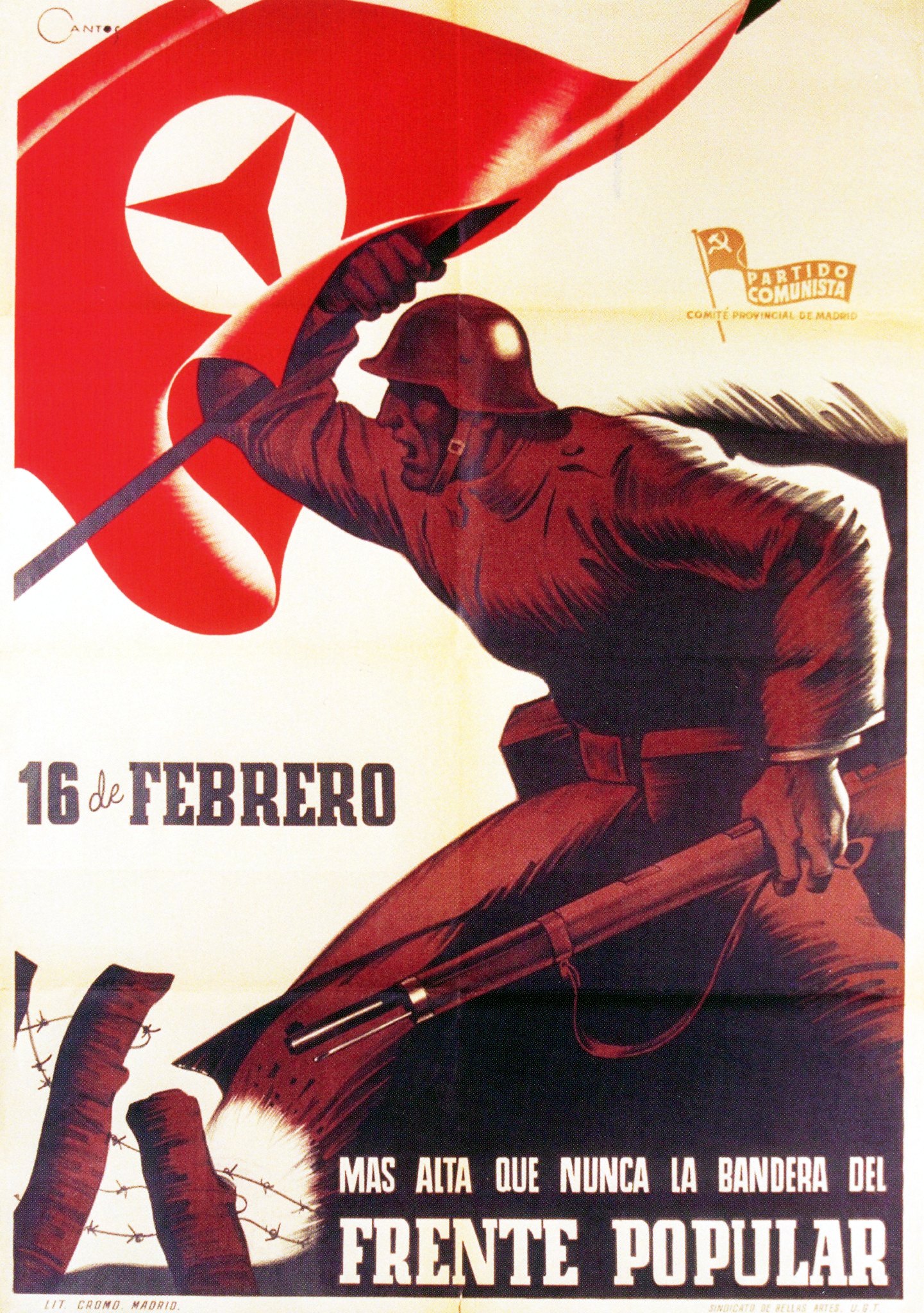
Posters of the Popular Front.
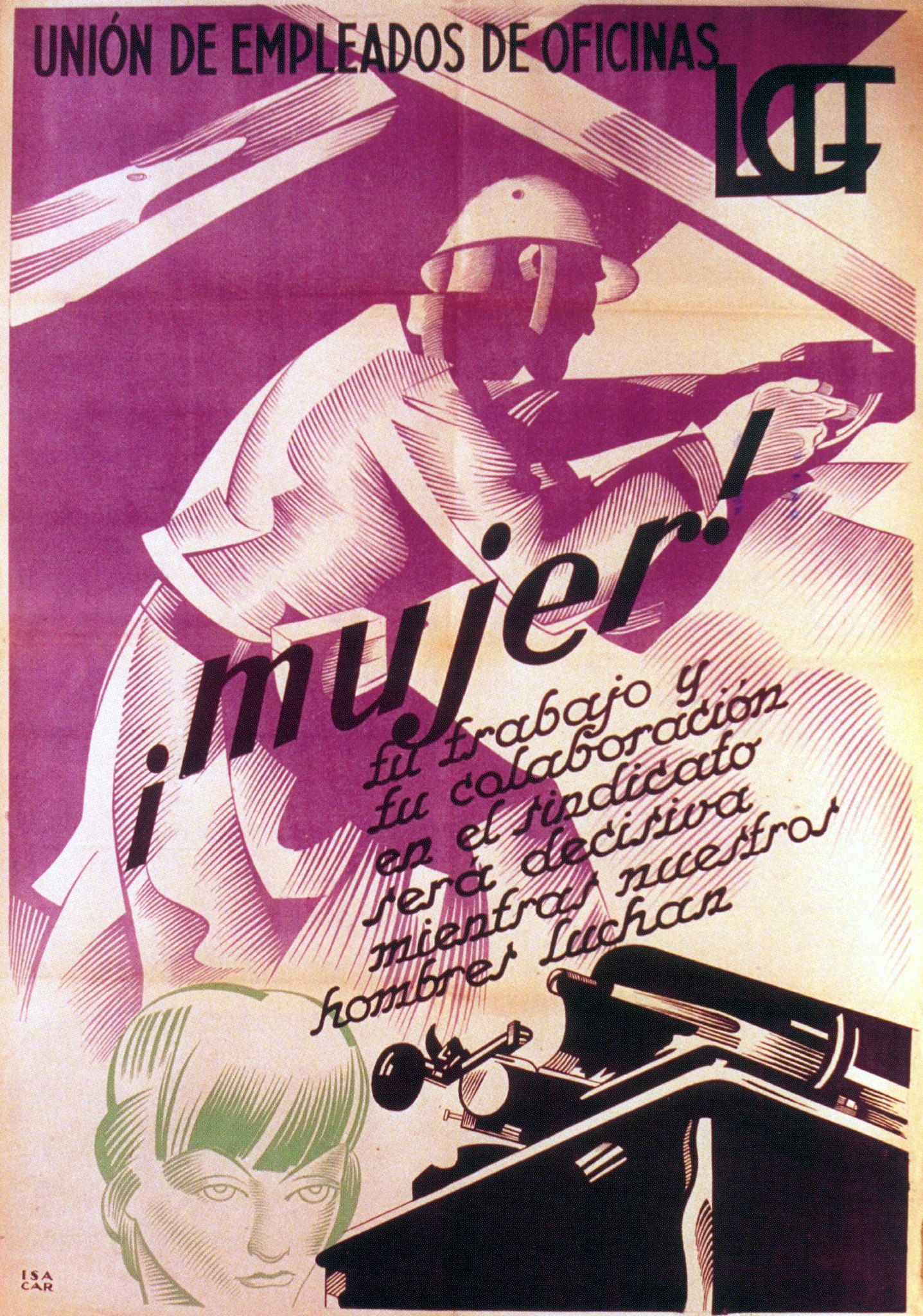

Posters highlighting the role of women workers to support the
Republican forces fighting at the front.

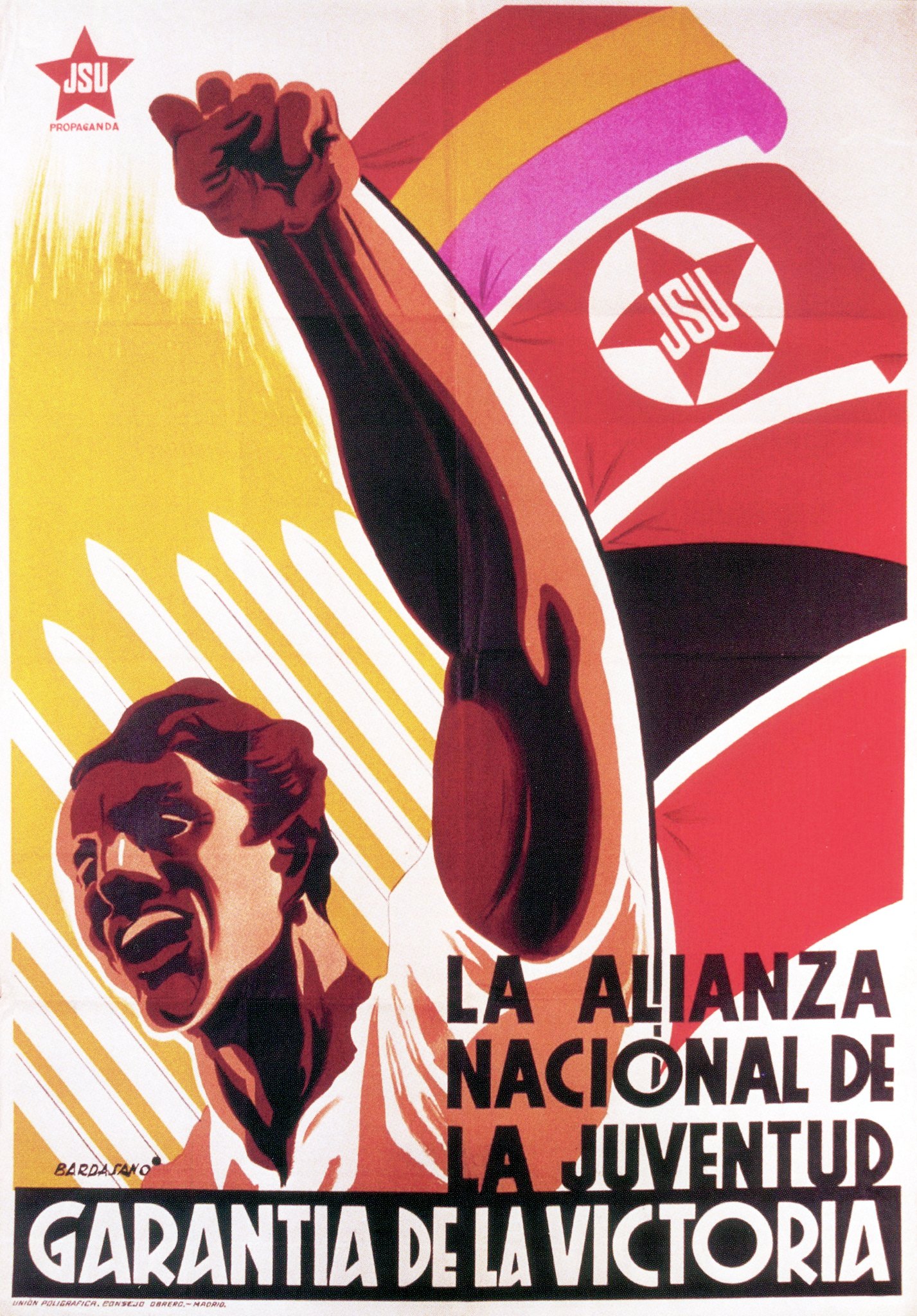
Left: poster appealing to the Basque people to join the Republican
forces; right: the Union of Socialist Youth commits its forces to the
Republican cause.
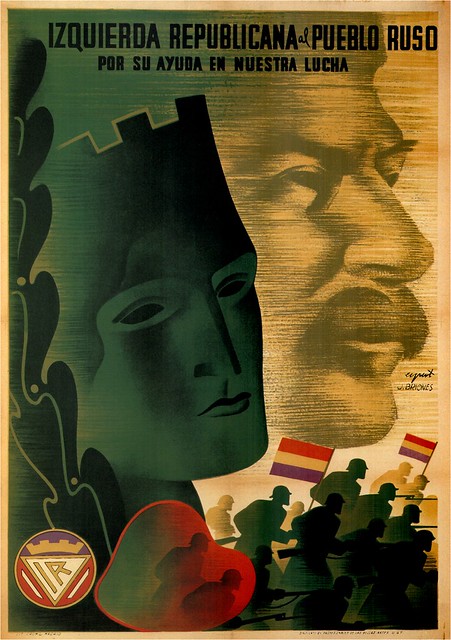

Republican posters expressing thanks for internationalist support.
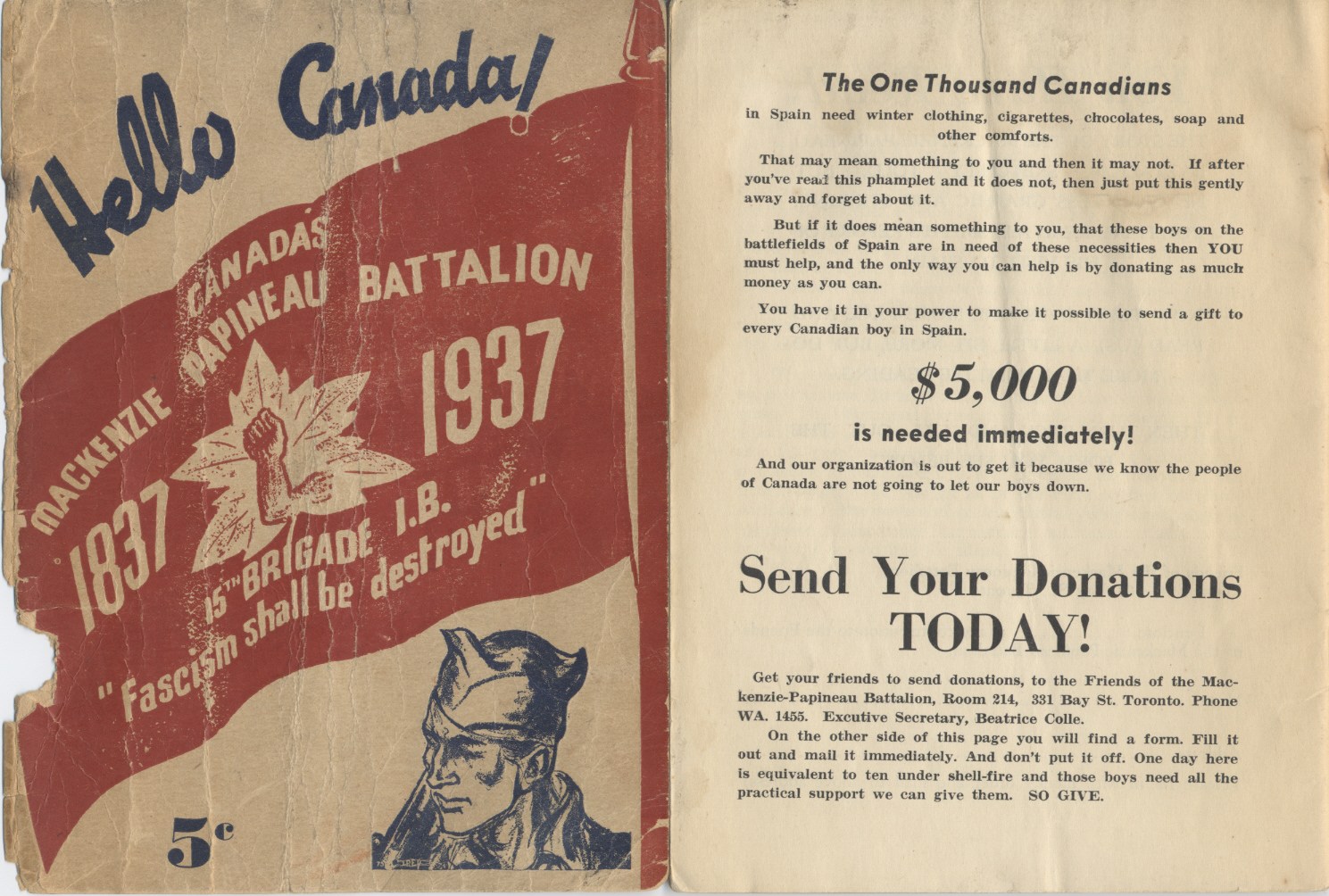
Hello Canada!
pamphlet published by the Mackenzie-Papineau Battalion to mobilize
support from Canadians.
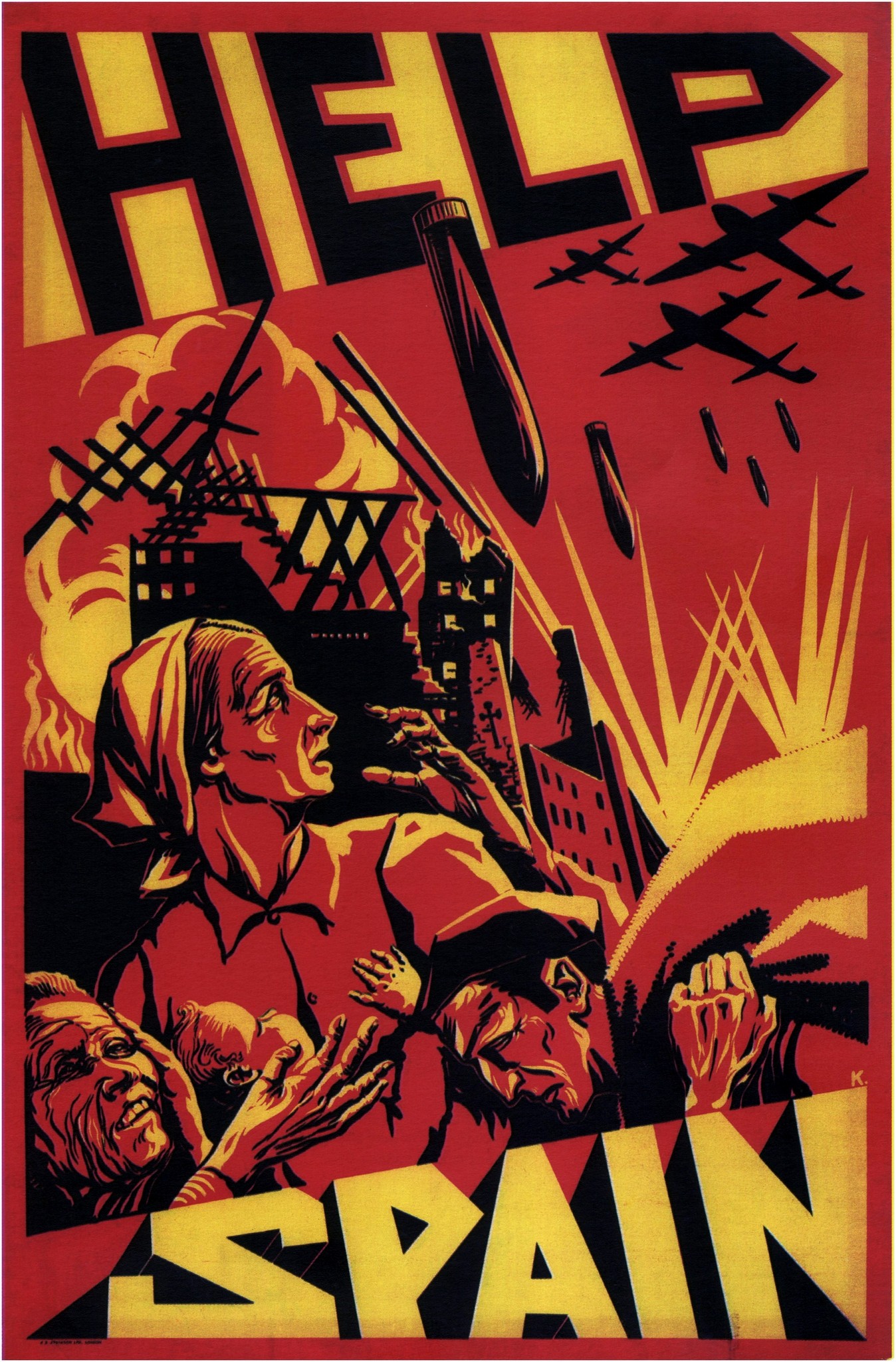

Appeals for internationalist support for the Republicans.

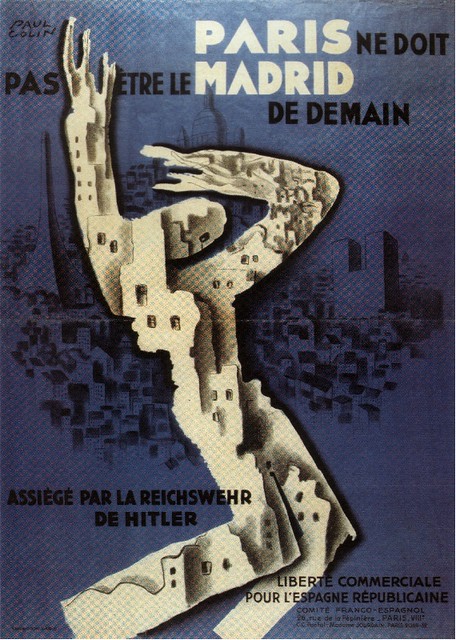
Appeal to French workers to support the Spanish Republicans and also
prevent the spread of fascism to France.
April 13: 100th Anniversary of the Jallianwala Bagh Massacre in Punjab
The Criminals Responsible for the Crime
Have Yet to Be
Brought to Justice
Commemorations at Jallianwala Bagh, April 13, 2019.
April 13, 1919. The festival of Baisaki, the Sikh New Year. On this day, one hundred years ago, the British opened fire on men, women and children in Amritsar, massacring more than 1,000 and injuring many more. The Jallianwala Bagh Massacre went down in history as one of the most heinous crimes of British rule. Today the site commemorates all those who were murdered there under British orders.
The First World War had already been brought to a close with the Armistice of November 11, 1918. The October Revolution in Russia the previous year was a major factor in bringing peace. The Peace Conference convened in Paris in January 1919, was to last six months, and conclude with the signing of the Treaty of Versailles. India had three delegates at the conference, the Secretary of State for India, Edward Montagu, the Maharaja of Bikaner and Lord Sinha. All three shared a vision of India eventually governing itself, but within the British Empire, with Sinha commenting that Britain must remain "the paramount power."
Back in India the intellectual elite had backed the war expecting concessions as a reward for the sacrifices made. But they were to be bitterly disappointed. The Government of India Act of 1919 only consolidated colonial rule.
The war had had a devastating effect on India. Besides the thousands of young lives lost of those conscripted to serve, crops had failed, prices were high and a spirit of unrest was growing. Famine had been declared in Central India. The greatest unrest was in the Punjab. Severe hardship was occurring in the cities. There was great anger at the seizure of foodstuffs for the war effort under the Defence of the Realm Act. War weariness gripped the region, which had sent the most combatants to the front. Villages were mourning the dead and tending the wounded.[1]
The response of the British Government was the Rowlatt Act, passed in London in March 1919. It banned public meetings and muzzled the press. It authorized in camera trials without jury. Persons suspected of revolutionary activity were imprisoned without trial for up to two years. Protests were put down by troops with lethal force.
On April 11, 1919, General Reginald Dyer occupied Amritsar, imposing a curfew and banning all gatherings. A proclamation to that effect was read out on April 13. That day was the festival of Baisaki, the Sikh New Year. Crowds had gathered at the Golden Temple in a festive mood. Nearby was the enclosed park called Jallianwala Bagh. Thousands had gathered there peacefully at a rally to discuss the Rowlatt Act and recent police killings. As is now well known, Dyer brought armed troops in through the single narrow entrance to the park and opened fire on the crowd, ordering his troops to keep firing until their ammunition was exhausted. There was no escape. Around 1,000 were killed and some 1,500 wounded.
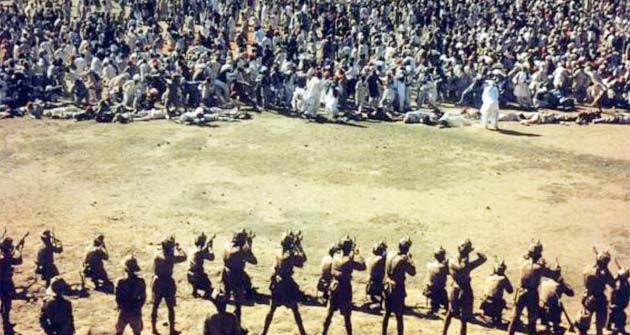
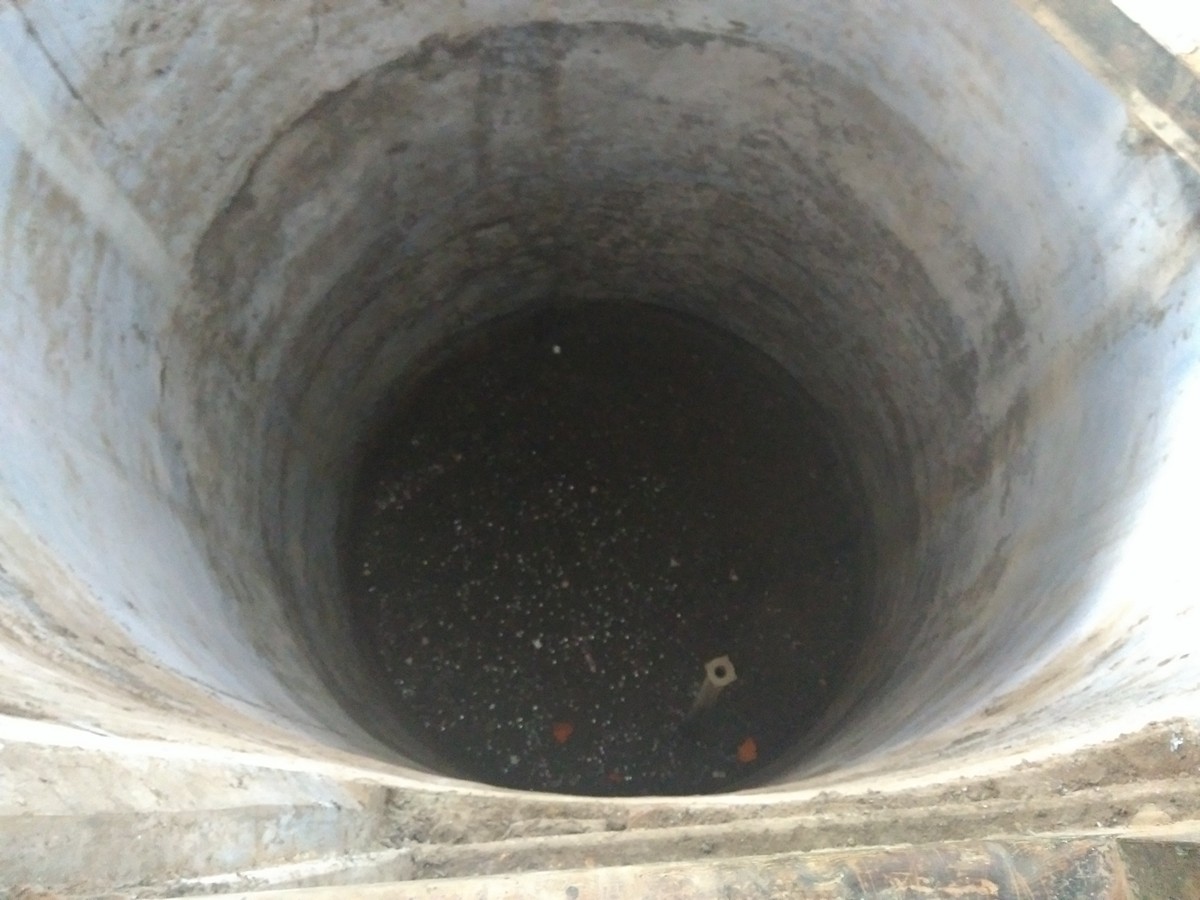

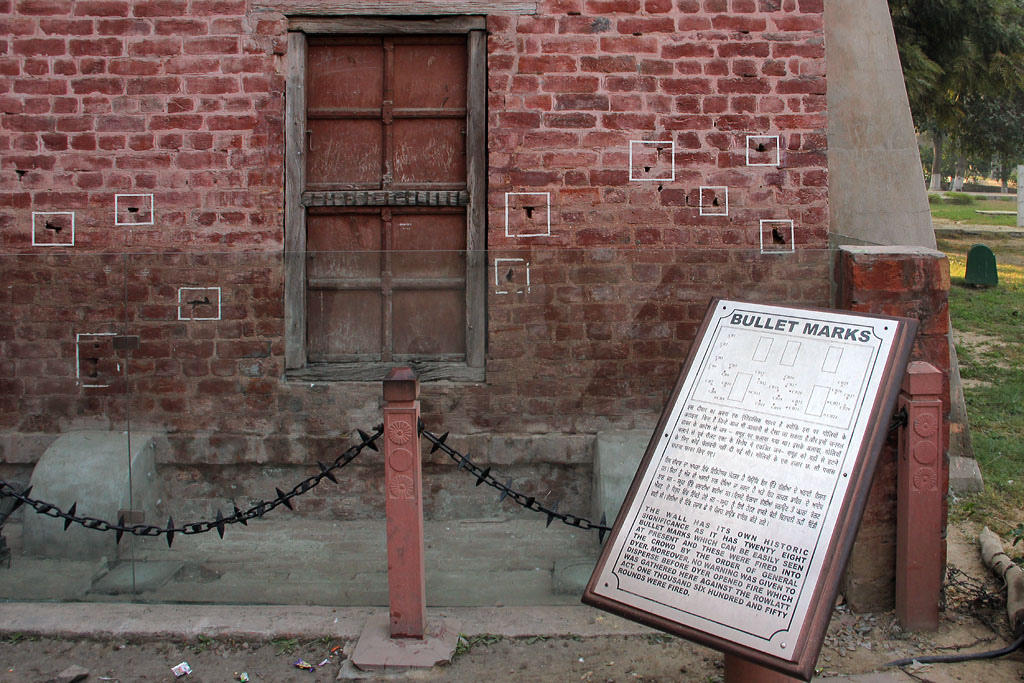

The Jallianwala Bagh massacre took place in Amritsar, April 13, 1919.
Today the site commemorates all those who were killed there under
British orders.
The Jallianwala Bagh massacre shocked and enraged the country. Barely five months from the end of the war, in which 400,000 Punjabis had fought, this was Britain's reward. Dyer was unrepentant. The massacre was followed by the bombing of Punjab cities, the extension of martial law and further repression. In London, the report to the War Cabinet for that week barely mentioned the event, simply stating that there had been "trouble" at Amritsar where "troops were called in to restore order." No mention was made of the killings. It was not raised at the Peace Conference in Paris either.
The troop ships returned to Bombay and Karachi. Bands played but there was no heroes' welcome. Too many had died. Too many were crippled, blind or shell-shocked. Some hospitals for the wounded and limbless were set up, but of little help to those returning to remote regions. Crops had failed. Unrest was rife. A new mood of nationalism was growing in the country. The heroes would now be those who sacrificed their lives for independence or in the Freedom Movement. In the British official histories of the war there would be little mention of the Indian soldiers who had made such sacrifice.
As for those who were ploughed down in Jallianwala Bagh, the dead bodies were identified and given to their relatives, the injured were removed to the hospitals, and a commission of inquiry known as the Hunter Commission was appointed. However, even though the commission held that the shooting was unjustified and awarded compensation of Rs.2,000 to the relatives of those who were killed and Rs.500 to the injured in the early 1920s, it failed to punish General Dyer or the then governor of Punjab, Michael O'Dwyer. O'Dwyer finally met his maker when the patriot Udham Singh who had lost his entire family in the massacre, executed him at Caxton Hall in London on March 13, 1940, for which Singh was hanged by the British in July of that year. The British continued committing crimes in India, including enforcing the conditions which led to the Bengal famine of the 1940s which eliminated over three million people. After that they partitioned India and imposed their system of rule for Indians in their service to carry out colonial rule in their stead. None of the promises made at the time of independence were carried out. Today anarchy and violence prevail and India is in dire need of revolutionary change so that its people can finally achieve peace, freedom and democracy.
Commemorations are taking place all over the world on this occasion. The following poem comes to mind:
Bahrupiye Dilli Baithe
Hain Nadir or Dyer Ke
Chele
Har Shahar Bana Jalianwala, Har Zarra Khoon Se Hai
Lathpath
Phir Lal Hai Jumna Ka Paani Katil Hain Wahi Naye
Chehare
(Fraudsters are in power in Delhi, followers of Nadir
Shah and
Dyer
They have turned cities into Jallianwala, drenched soil
with innocent blood
Once again the Jamuna is red, butchers
with new faces)
Note
1. By the end of the war, nearly one-and-a-half million soldiers and non-combatants from India had been brought to the Western Front in Europe and to the other theatres of war. Of these, around 70,000 were killed, and tens of thousands more left shell-shocked, blind, crippled or suffering other severe wounds and mental trauma. India was also bled dry in terms of foodstuffs and other resources for the war effort, with disastrous consequences.
(To access articles individually click on the black headline.)
Website: www.cpcml.ca Email: editor@cpcml.ca
